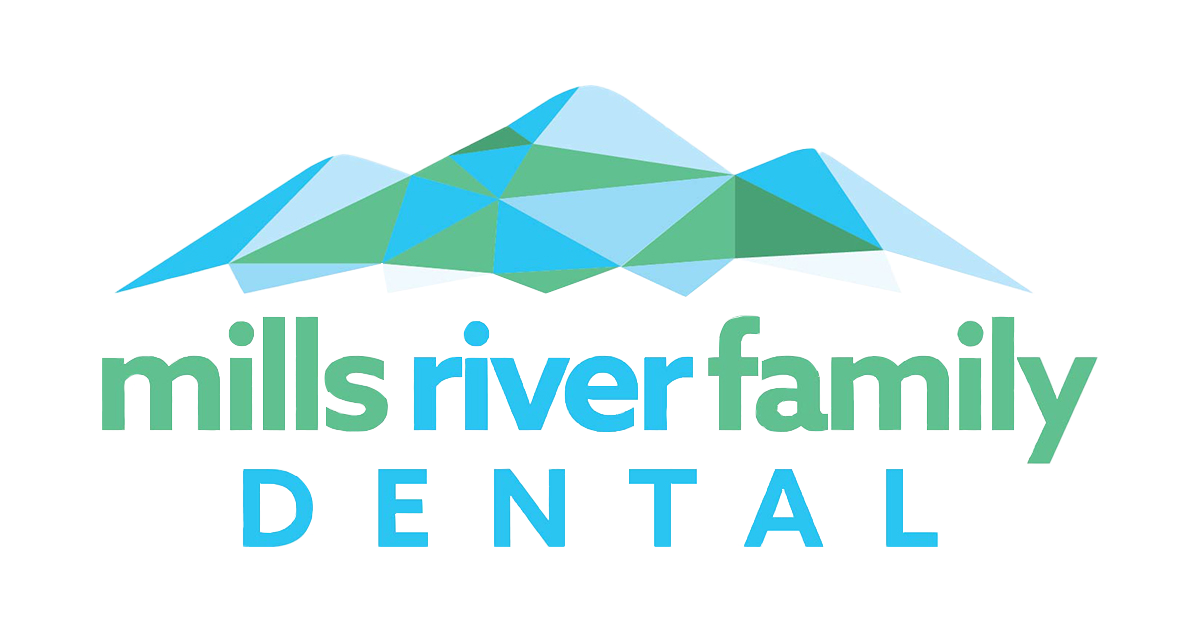Bad breath, often referred to as halitosis, can be an indication of underlying issues with your oral health. It is important to take the steps to deal with your bad breath in order to prevent it from impacting your social life. The various causes of bad breath can be avoided in order to restore your oral health and improve your self-esteem. Here are a few of the things that bad breath may indicate.
Low-Carb Diets
The specifics of your diet often have an impact on the quality of your breath. Low-carb diets, such as keto, often cause bad breath to arise. The term “keto breath” is used extremely commonly for a reason. When you reduce your intake of carbohydrates, the body will need to make energy by breaking down fats. This then causes acetone to be produced, which will cause bad breath to arise. While these diets are extremely popular, it is important to understand the various impact that these diets can have on your oral health and breath.
Too Much Protein
It is important to pay attention to the amount of protein that you consume. Many people, particularly in America, actually consume much more protein than they need to. The body can only efficiently break down a certain amount of protein. When you eat too much protein, the body won’t be able to break it down in an efficient manner. This leads to the production of amino acids, which ultimately result in bad breath. Pay attention to what you eat and how it may impact the quality of your breath.
Poor Dental Hygiene

It is critical to ensure that you follow an effective oral hygiene routine in order to protect the health of your teeth. When your dental hygiene is less than adequate, it will likely result in halitosis. This allows bacteria and plaque to be left behind on the surface of the teeth. These bacteria will then excrete foul-smelling waste, causing bad breath. If you are worried that you have bad breath, it can be useful to improve your oral hygiene routine in order to prevent issues with your smile.
Dehydration
Dehydration can lead to bad breath. Drinking water is extremely important, because it keeps you hydrated and helps to flush out particles from the surface of the teeth. When the mouth dries out, it provides an environment where bacteria can produce more quickly. Ultimately, this leads to an increase in the waste emitted, which results in bad breath. This is a common issue behind morning breath because you don’t drink water or produce much saliva throughout the night. When your breath smells foul in the morning, it is likely because bacteria has been allowed to accumulate throughout the night.
Gum Disease
It is crucial to ensure that you detect gum disease in the early stages in order to prevent it from causing long-term damage to your teeth. When you have gum disease, it is possible that it will cause bad breath. If food particles and bacteria have built up beneath the surface of your gums, it is possible that gum disease will arise. In these situations, you will want to take the steps necessary to help reverse gum disease. Understanding the signs of gum disease can also go a long way toward minimizing issues and protecting your oral health.
Improper Care of Dentures
Caring for dentures properly is an important step in preventing substantial issues from arising. The appropriate care can go a long way toward ensuring that your dentures last as long as possible and remain in good condition. When you don’t care properly for your dentures, it can lead to bad breath, as well. This allows food particles and harmful elements to build up on the surface of the dentures, which will cause bad breath.
Untreated Cavities
Untreated oral health issues often lead to bad breath. When these infections or other issues set in, it is highly likely that there is an increase in bacteria around the issue. This allows bad breath to escalate. If you have bad breath, you will want to ensure that you visit a dentist to have any issues with your oral health resolved. Cavity prevention can also help to prevent bad breath from occurring.
Certain Medications
Pay careful attention to when your bad breath arose. If it occurred around the same time as when you began taking a new medication, it is possible that the medication is the cause behind your bad breath. This is often because the medication has caused the mouth to dry out, which leads to the environment where bacteria can escalate. If your new medication is the cause of your bad breath, you may need to consult with your healthcare provider for adjustments.
Specific Foods
Foods that have particularly intense flavors are likely to leave bad breath behind. Avoiding these various foods, such as garlic or onions, can help to prevent bad breath. However, this does not mean that you have to completely give up these foods. Just be aware that they can cause bad breath and consider brushing your teeth 30 minutes after your meal to prevent bad breath from occurring. The consumption of coffee can also lead to less than pleasant breath. This has a dual impact, because coffee shares the intense flavor of other consumables, but it also impacts saliva production. It is extremely common for coffee to leave bad breath behind.
There are many common reasons that you may have bad breath. It is important to ensure that you take the steps to protect your oral health in order to prevent bad breath from occurring. At Mills River Family Dental, we offer many services that can help to eliminate your bad breath and restore your oral health. For example, regular dental cleanings can go a long way toward finding potential issues that can lead to less than pleasant breath. If you have bad breath and are looking for a solution, come visit our expert team at Mills River Family Dental today!

Follow Us